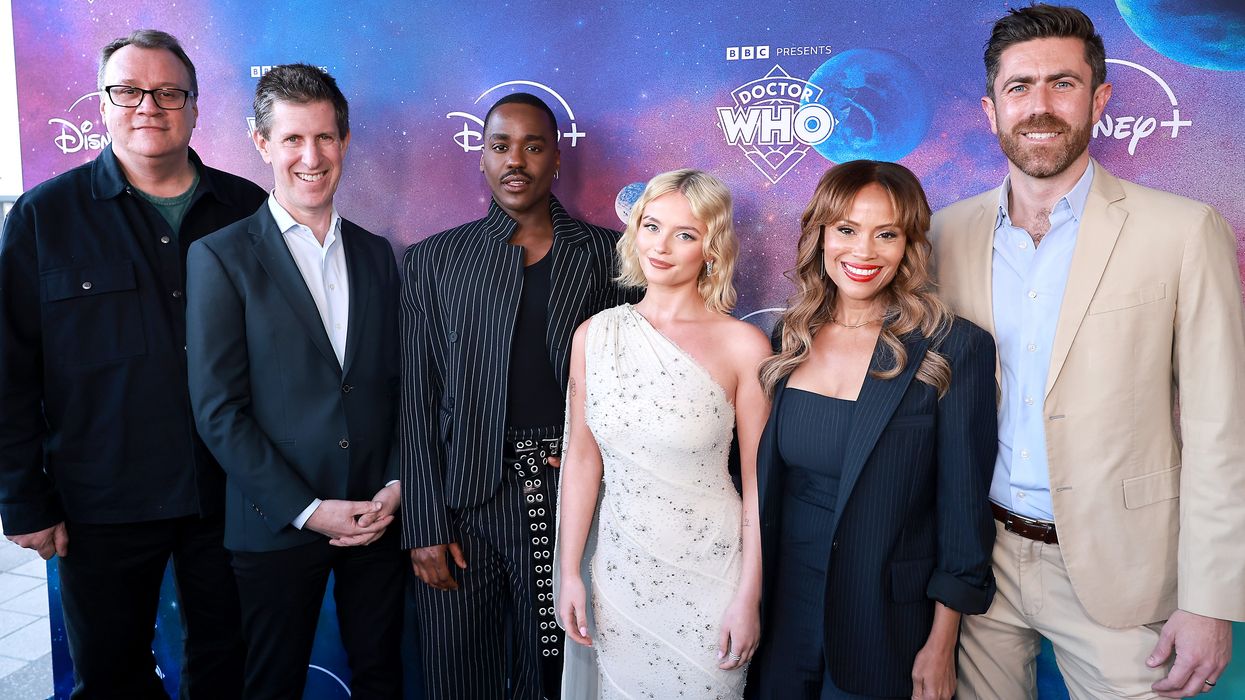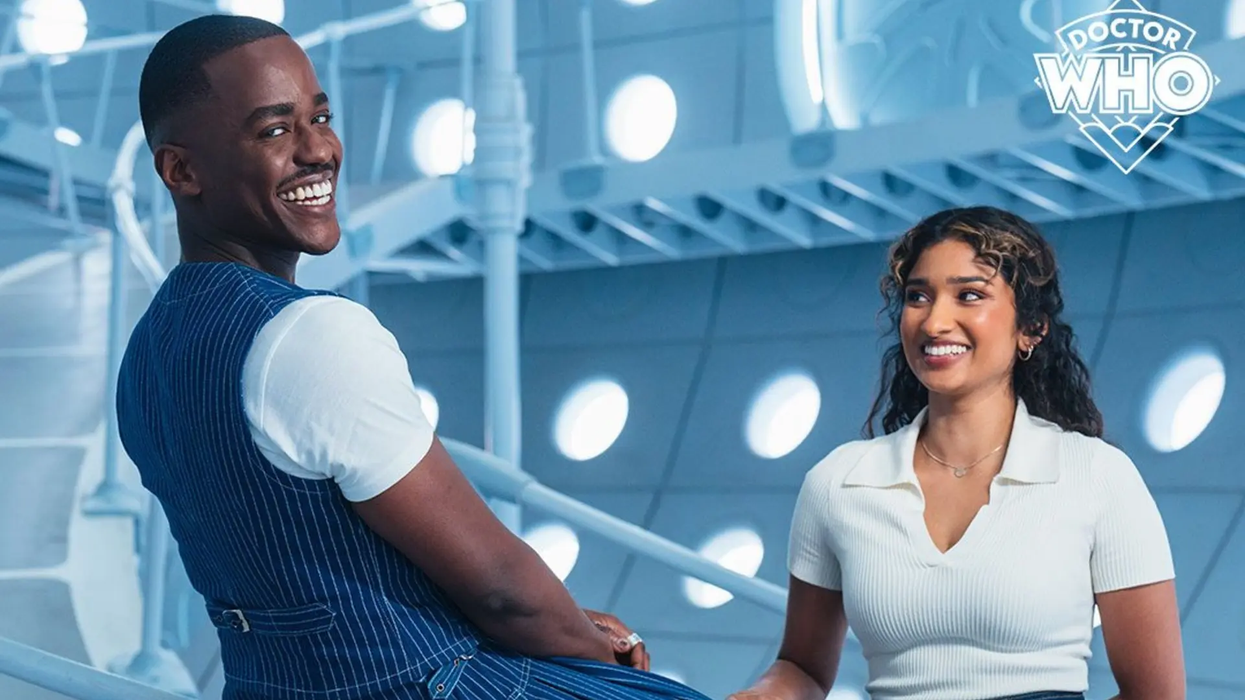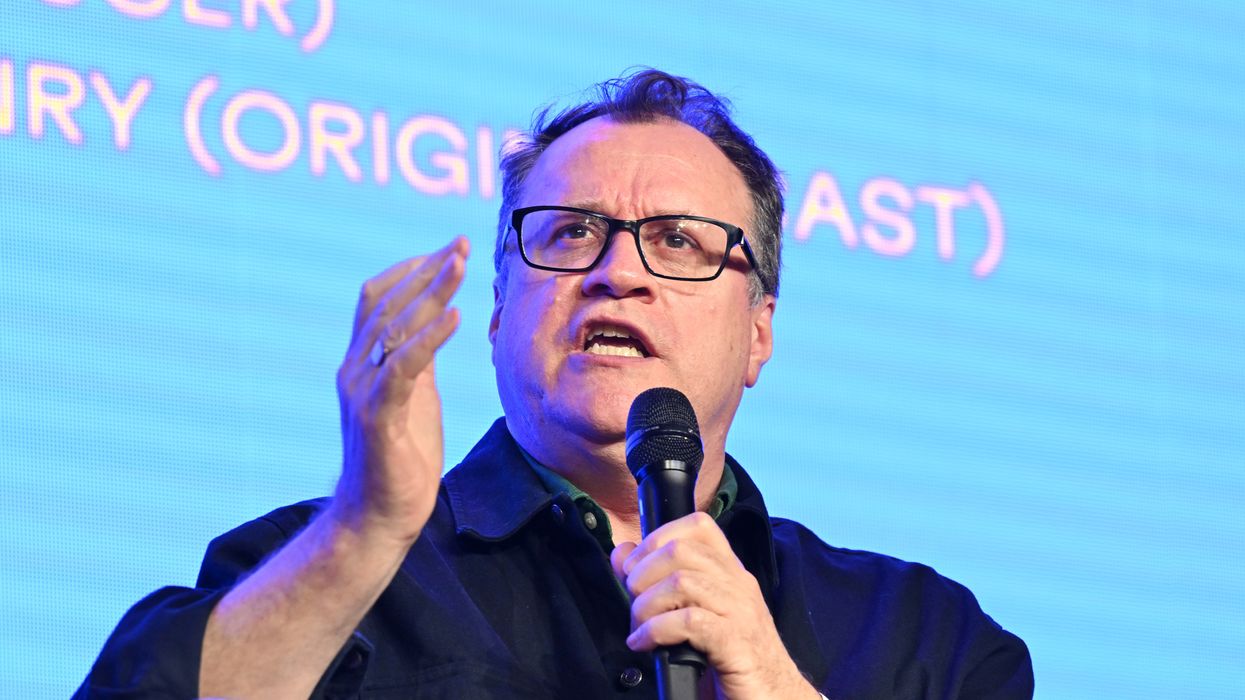The creative force behind Doctor Who, Russell T Davies, has spoken out about criticism aimed at the show for being “too woke.” His message? He’s not interested in appeasing online outrage. The BBC sci-fi series recently made headlines for introducing its first-ever non-white lead duo. Ncuti Gatwa returns as the Doctor, joined by newcomer Varada Sethu as companion Belinda Chandra.
But some viewers took to the internet to complain that the show had become overly focused on diversity. Davies, speaking on BBC Radio 2’s Doctor Who: 20 Secrets from 20 Years, brushed aside the complaints. He said what some call “woke” or “diverse,” he simply sees as making space for everyone. “It’s not some agenda,” he said. “It’s just how life looks now.”

He also added that restricting stories to one narrow point of view makes writing stale. “Why would you box yourself in?” he asked. “There’s more joy and honesty in writing from a world that actually reflects what we see around us.”
This season’s casting choices have certainly sparked conversation, but the actors themselves see that as a good sign. Sethu told Radio Times that hearing the show called “Doctor Woke” only confirmed for her that they were doing the right thing. “To me, it just means we’re being inclusive,” she said. “Doctor Who has always been about doing the right thing. This is no different.”

Gatwa, the first Black actor to take on the iconic role of the Doctor, echoed the same thoughts. He called the shift in casting “progress,” a step closer to reflecting real life on screen. But he also hoped for a future where such casting no longer feels groundbreaking. “It should just be normal,” he said.
The show has long evolved with the times, from introducing its first female Doctor, played by Jodie Whittaker in 2017, to tackling deeper social issues under Davies’ direction. But for the showrunner, none of this is about chasing trends. It’s simply storytelling that mirrors the world outside the TARDIS.
Despite online noise and rumours about the show’s future, Doctor Who continues to push forward, powered by a creative team that believes in representation not as a political statement, but as a reflection of reality.





